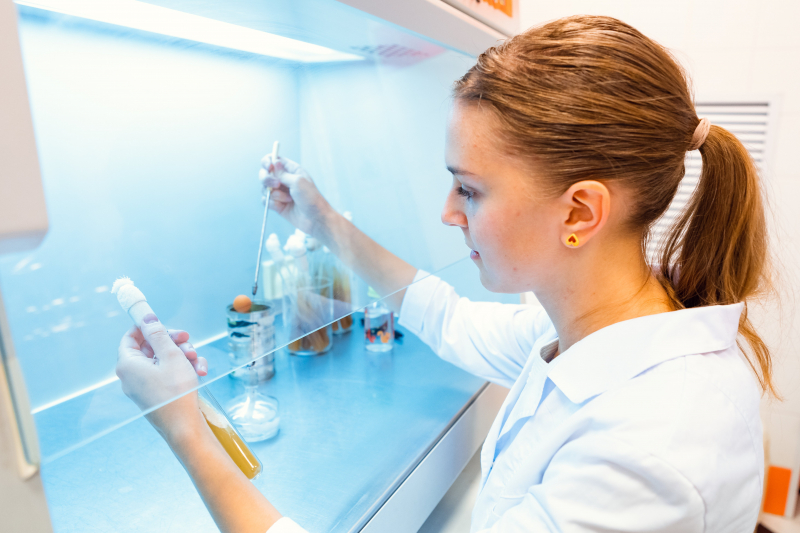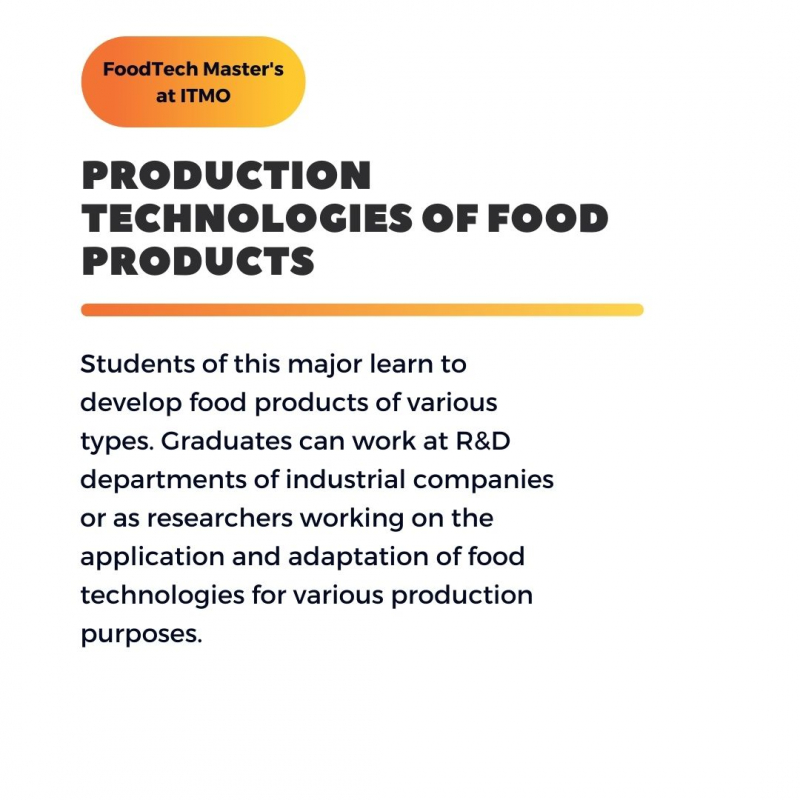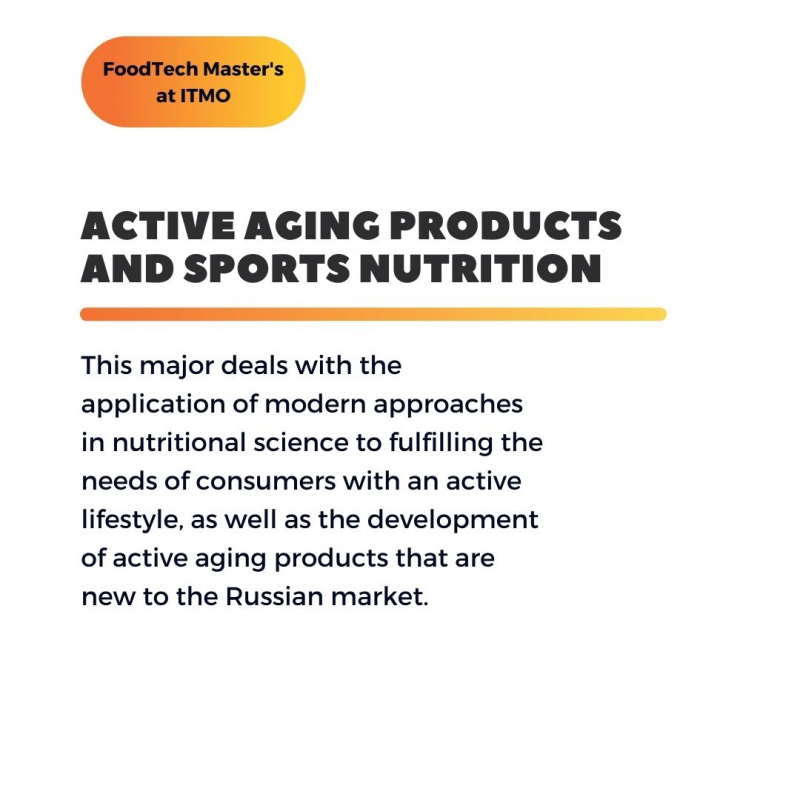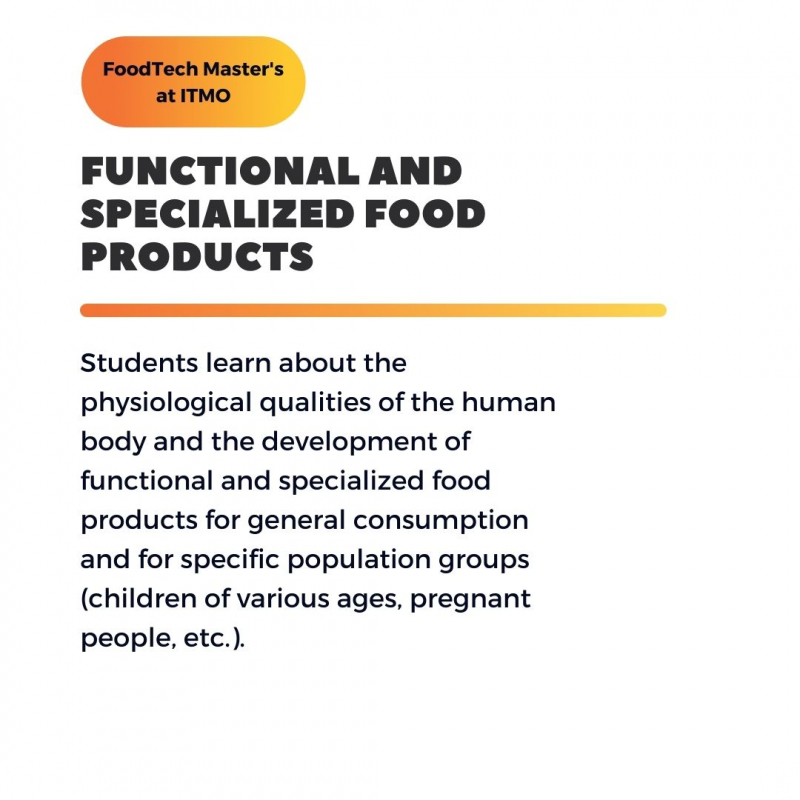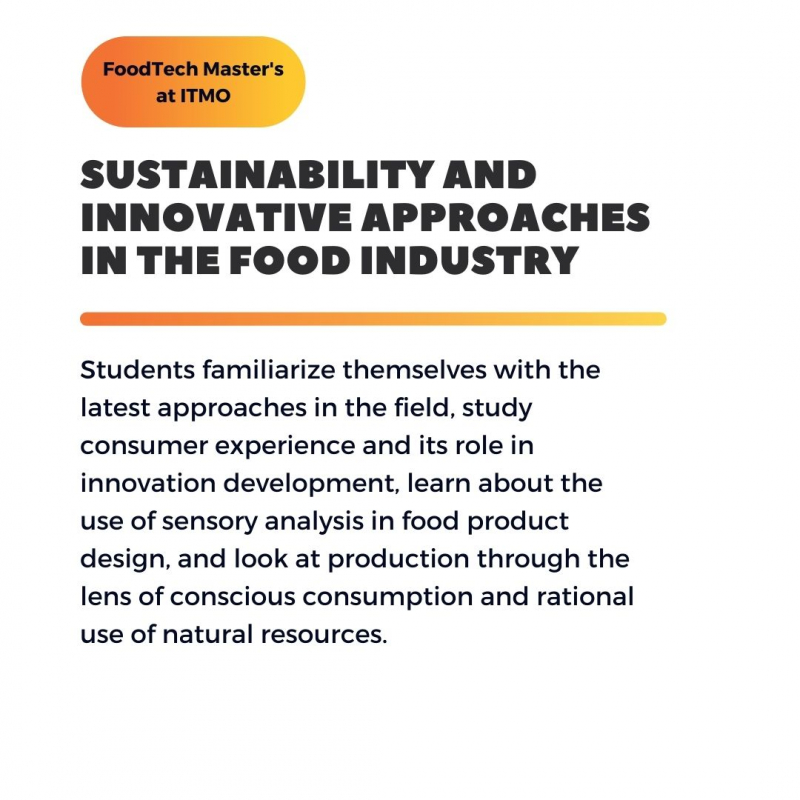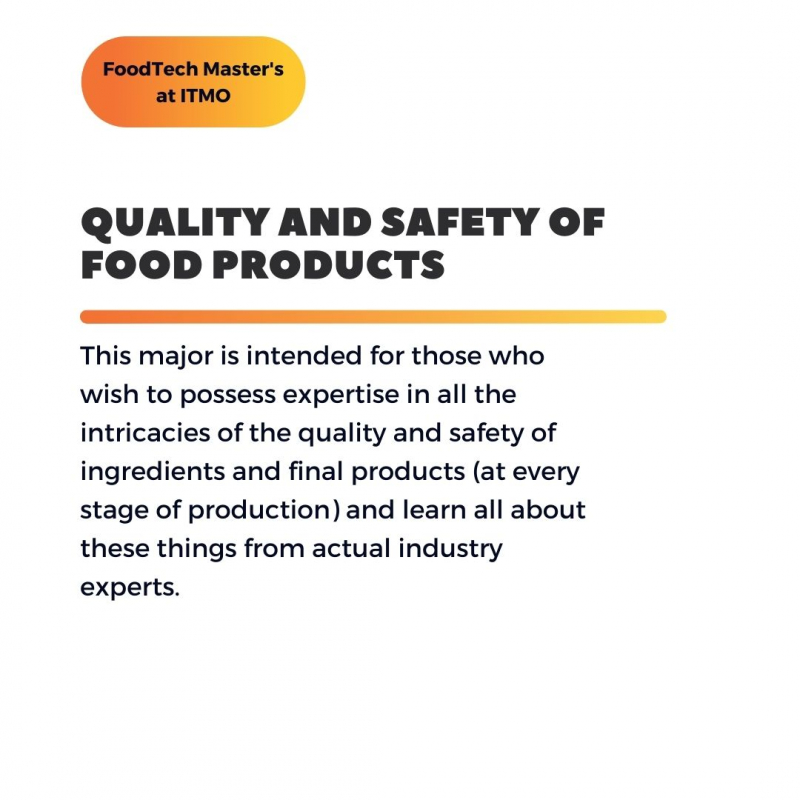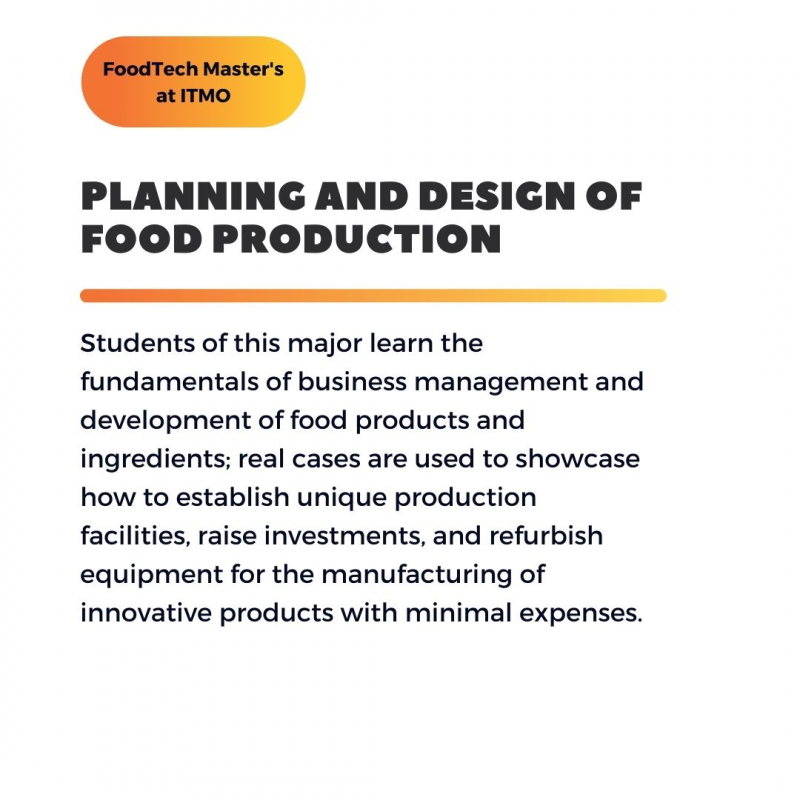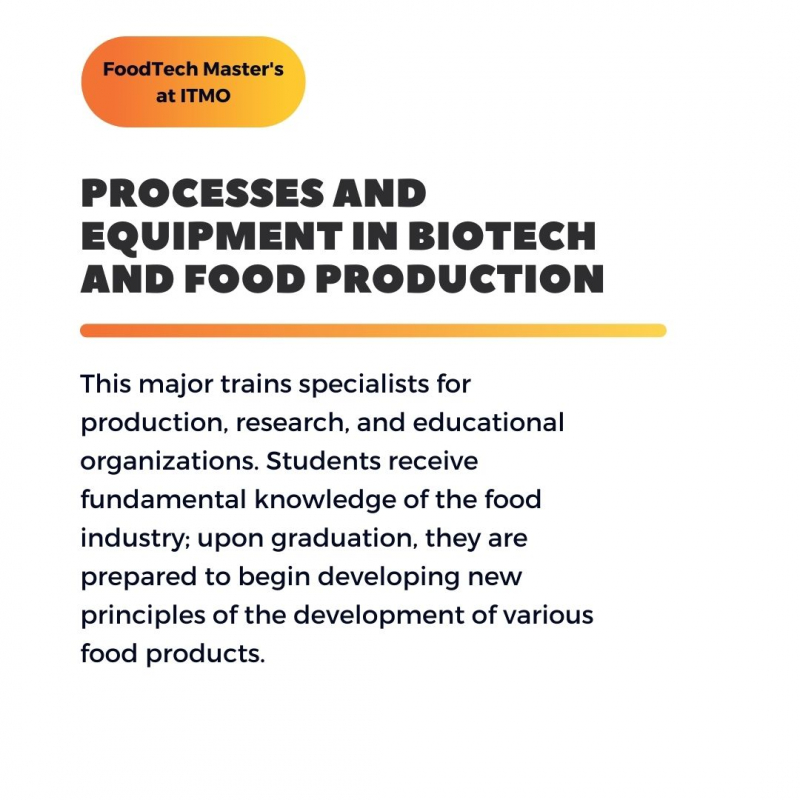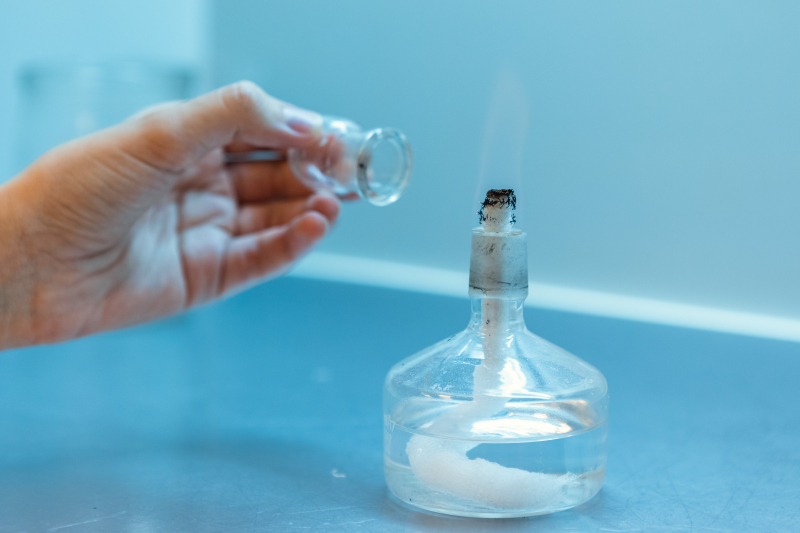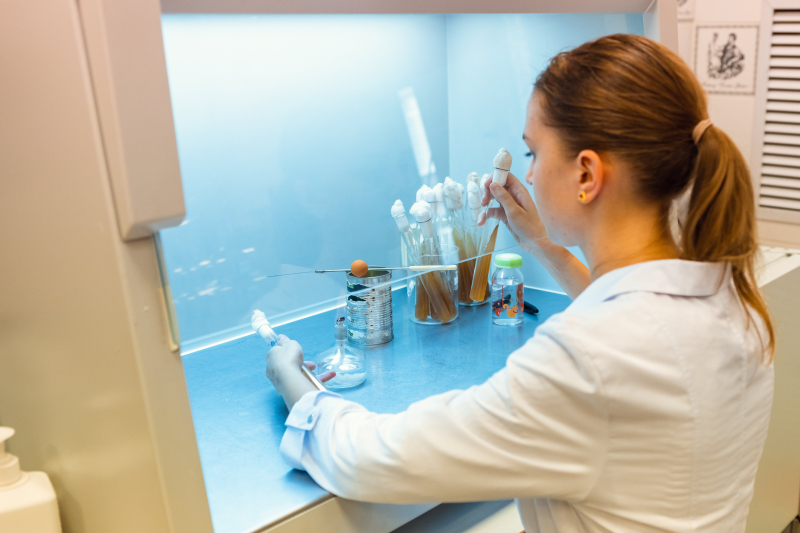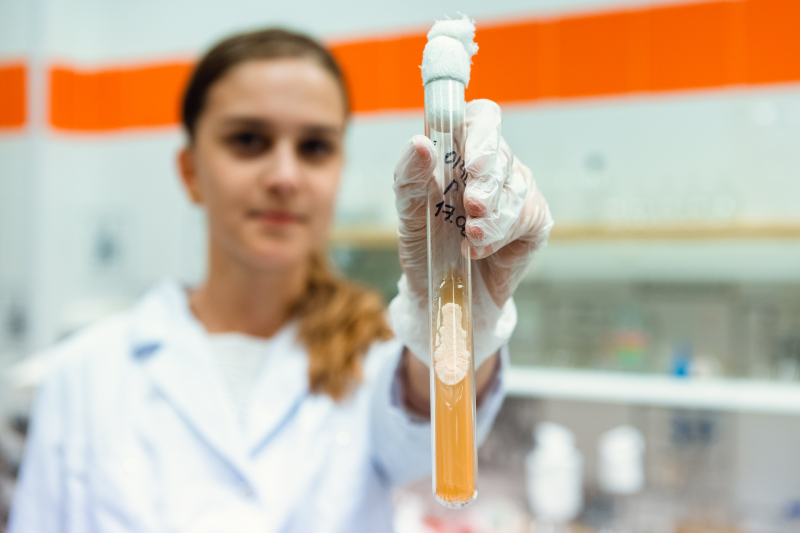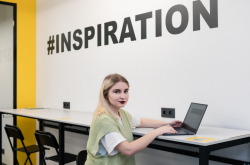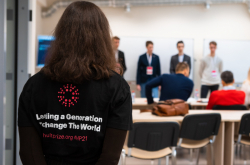In its broadest definition, FoodTech is everything that has to do with the design and production of food products (including entirely new ones), their quality control, packaging, and delivery to customers, the development of recommendation services and personalized nutrition plans, and, finally, the organization of effective food waste processing systems.
That’s why there are many different types of specialists involved in FoodTech, each with their own skill set.
- R&D specialist: creates food products
Credit: depositphotos.com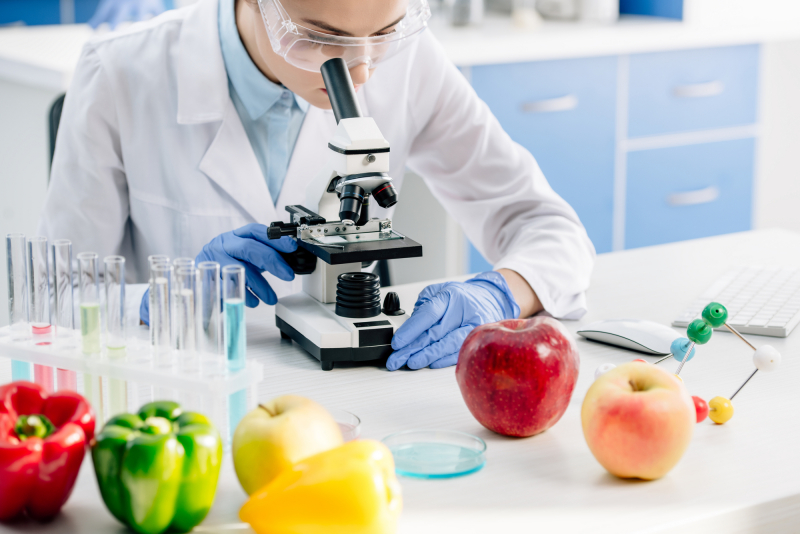
Just like any scientific organization, FoodTech companies have their own R&D departments. Their staff design new food products: for example, develop alternatives to animal-based foods or change the ingredients of existing products by enriching them with vitamins and minerals or making them more nutritious.
This specialist must: know the latest production technologies. An R&D specialist needs to understand how individual ingredients can come together to create a final product that meets all the requirements; they also need to know how to use various equipment.
For instance, these are the specialists who create the many plant-based products that have gained great popularity lately – alternative dairy, meat substitutes, and so on. Back in 2017, the marketing intelligence agency Mintel included plant-based foods on its list of the key trends in the food market. But even now, the development of such products remains quite a challenge, says Olesya Volokh, head of a research team at Danone, a researcher at the Lomonosov Moscow State University’s Faculty of Biology, an associate professor at ITMO’s Faculty of Biotechnologies, and the head of its FoodTech program.
“The challenge lies with the fact that plant-based products are functionally very different from their animal-based alternatives. If you decided to make pine nut milk at home, you could definitely make something – but there’s no guarantee it’d be tasty or appealing, or would last long before expiring. Simply put, the result is definitely going to differ from what you’d see in a store. Manufacturers use various technologies to preserve the quality and characteristics of such fickle products for longer.”
- Quality, regulation, and user experience specialists
Quality control at a modern food production facility. Credit: depositphotos.com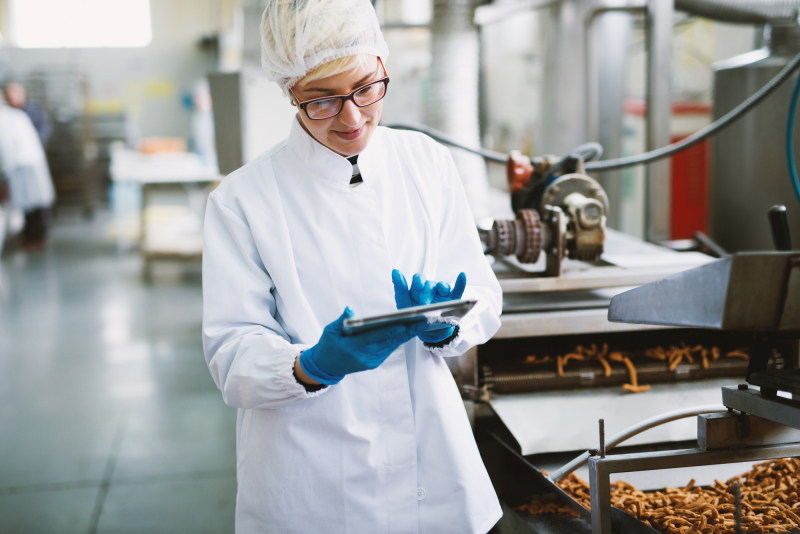
R&D isn’t the only destination for FoodTech specialists. Many companies have entire departments dedicated to monitoring the quality and safety of their products, as well as ensuring adherence to regulations. Developing rulesets and drawing up documents, securing certificates, following legal requirements – all those things are just as important as the development of actual products.
Then there are the teams that study user experience. Food manufacturers, just like IT companies, have their own UX departments. These specialists study consumer demand, test products with focus groups, collect feedback, and predict how consumers will react to a new product.
This specialist must: be familiar with market trends and challenges, keep track of changes, understand the ins and outs of regulations and quality standards.
- Entrepreneur: knows the market’s specifics and can build a food business from the ground up
Daniel Galper (left) – ITMO graduate, CEO and founder of healthy food delivery service Grow Food – with partners. Photo courtesy of Grow Food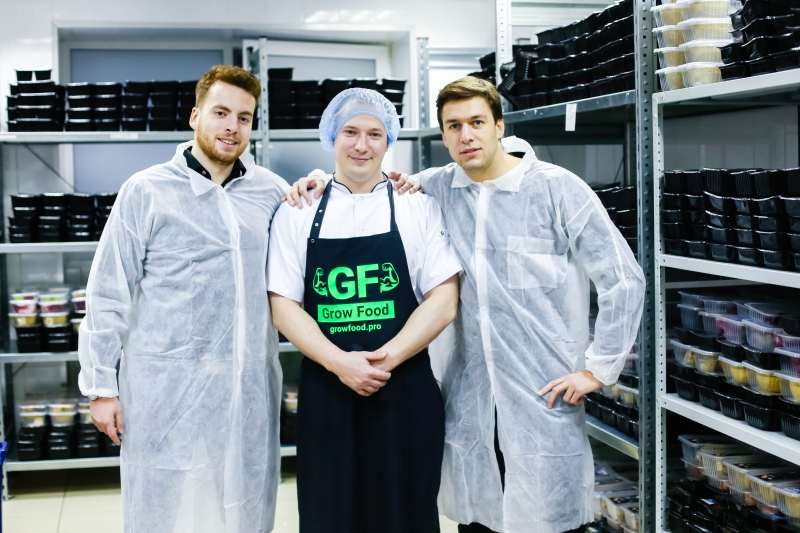
Finally, another possible vector of career development in the FoodTech market is entrepreneurship. Having graduated from university and received a fundamental education, you can not only find work with a major manufacturer, but also launch your own startup.
This specialist must: know the fundamentals of food product development and be able to manage processes: for instance, developing a plan for a product’s integration into the production chain or the launch of an entire product line. In addition, entrepreneurs, like no one else, need to be able to quickly make sense of the latest market trends and provide consumers with what they demand.
According to Olesya Volokh, there is another rapidly-growing market segment in addition to plant-based products and healthy foods – personalized nutrition. It covers everything from regular delivery – from stores and restaurants alike – to recommendation services based on the consumers’ personal preferences and lifestyles. Today, the total volume of the personalized nutrition market already exceeds $7 billion; by 2025, it will reach $11.5 billion, says a report by J’son & Partners Consulting.
Where to learn FoodTech
Bread-making lab at ITMO University. Photo by Dmitry Grigoryev / ITMO.NEWS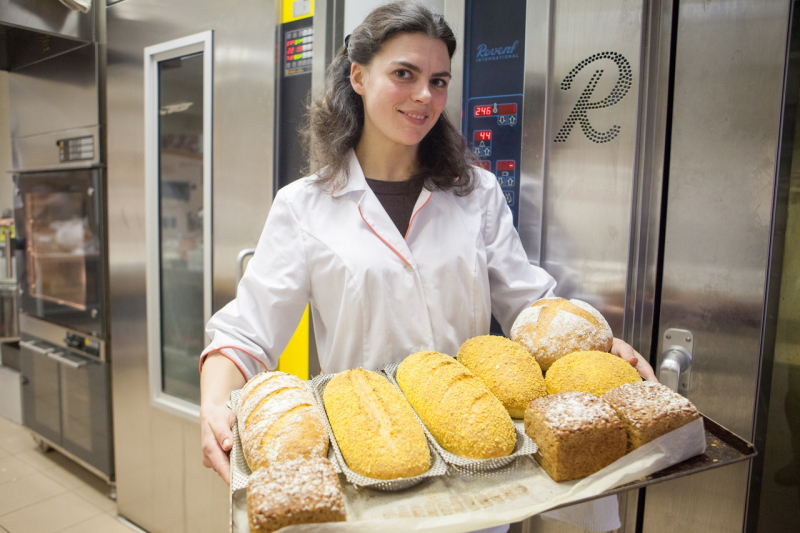
Future product designers, food industry experts, and startup founders are trained at ITMO University’s FoodTech Master’s program.
As its head Olesya Volokh points out, the program is designed to not only provide students with fundamental knowledge of the food industry, but also familiarize them with the new segments of the market that are just starting to develop.
Based on the key development trends of today’s industry, the program offers seven specializations (majors):
Educational process
Students are taught by lecturers as well as representatives of the industry – current employees of a variety of FoodTech companies. The program’s authors continuously maintain and develop connections with members of the FoodTech ecosystem. This is done to ensure that the program remains relevant, plan insightful events and courses based on the latest industry trends, and to attract various experts who can enlighten students on the latest achievements in the field.
“When it comes to higher education, I believe it needs to accomplish two goals. First of all, Master’s education provides students with fundamental scientific knowledge needed to help them grow as experts. I call that “adding shelves”: you nail enough shelves to the wall and put enough information on them so that, when a student graduates, they know how to formulate a question and find the answer. Secondly, we explain what the real food industry is like. We want to show FoodTech the way it is today. That’s why we constantly update the program based on new knowledge and emerging trends,” comments Olesya Volokh.
Experimental laboratory for the production of fermentation-based beverages. Photo by Dmitry Grigoryev / ITMO.NEWS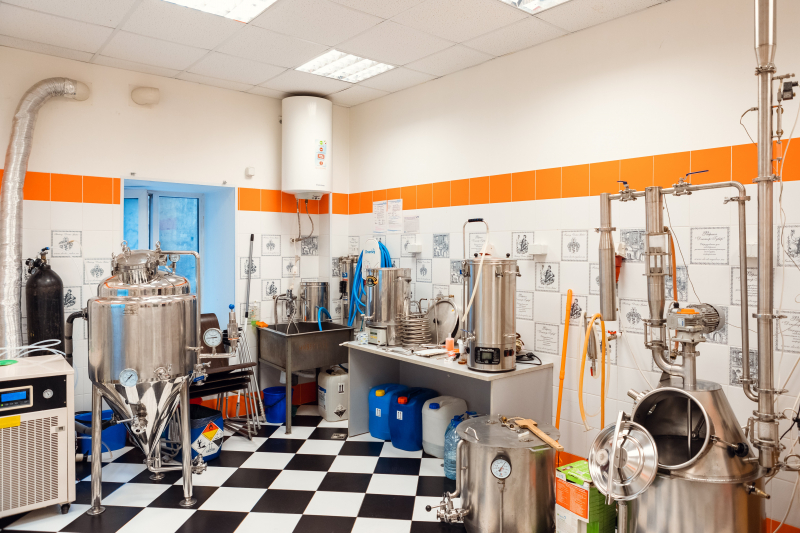
Practical classes
In addition to lectures, which provide fundamental knowledge on food production technologies, the curriculum also includes practical training. In its course, students analyze and try to solve specific business cases.
For example, during classes dedicated to production technologies, students might have to check how this or that ingredient can be used to develop a specific product. Students also practice modern approaches to product design: they taste new products, describe them using a list of characteristics, and work with focus groups to collect feedback.
During their studies, the future specialists can gain a better grasp of the economics of food production by modeling certain situations, analyzing metrics, and calculating cost estimates for the launch of a given project.
Lab work
ITMO University’s Faculty of Biotechnologies has several laboratories tailored to the development of various products. For instance, the beverage production laboratory has the ability to brew actual lager beer. The process consists of several stages, but it all starts with a test tube.
Здесь цикл фото с Анной по посеву дрожжей для лагера ― пошаговый процесс. Подпись к фото: Inoculation of yeast for the production of lager – a beer made through bottom fermentation at low temperature.
First, one needs to resow microorganisms from the so-called museum (an in-house bank of cell cultures that can be found at any lab) into another test tube with a freshly-prepared nutritional environment. After about a week, once the microorganisms have grown, they can be used to develop the product.
Anna Piskunova started doing research during her Bachelor’s studies. Then, she decided to continue it as a Master’s student of the FoodTech program.
“When I enrolled in a Bachelor’s program, I thought I would never go for a Master’s – I’d just get my diploma and that would be enough. Few people know what they’re going to do next when they’re 17. But I started doing research and realized in the process that I enjoy doing what I do. So I decided to continue and get my Master’s. I applied for FoodTech because it’s a very promising field. I’d like to work in R&D, perhaps something that has to do with design. We have plenty of majors to choose from. I’m interested in everything related to the development of new food products as well as sustainability,” tells us the Master’s student.
Industrial practice
At a Danone production facility in Rotselaar, Belgium. Credit: landbouwleven.be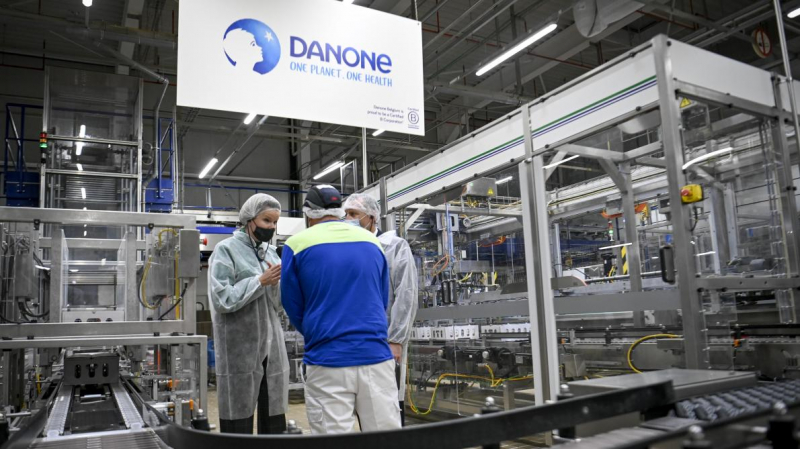
Students can conduct their own research at actual production labs or work on cases from the industry while undergoing practical training at one of the program’s partner companies.
One example of such training is the development of a botanical ingredient list for the company Danone. This list includes various additives based on herbs, fruit, vegetables, legumes, and so on – all in order to find more ways to add variety to familiar products and enhance their taste.
“Even though products like teas or dairy drinks with various extracts are probably not something unusual to most people, their production is actually a quite non-trivial task,” notes Olesya Volokh.
First of all, many botanical ingredients have to be registered as biologically active supplements. Secondly, it’s necessary to conduct additional research in order to understand what value they add to the final product. And, of course, all consumers feel differently about these ingredients. All this leads to the need to accurately study demand (consumers from different regions, for instance, have their own preferences) and calculate the costs of creating a new product.
“A project completed by one of our students as part of her practical training has even been used to develop a large database that is now employed not only by the Russian branch, but Danone’s international office, too,” adds Olesya Volokh.
